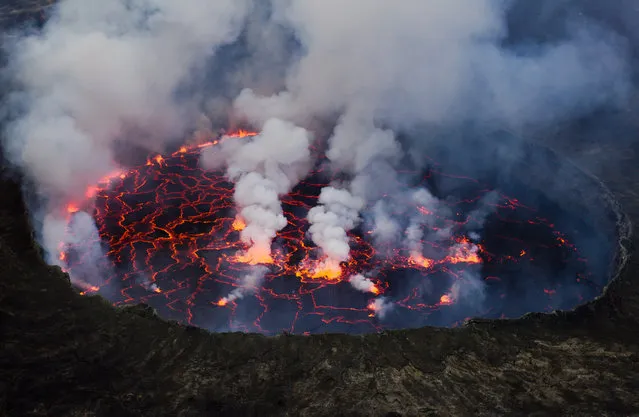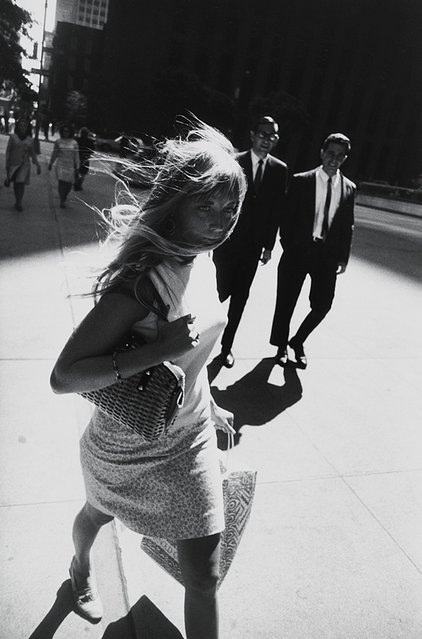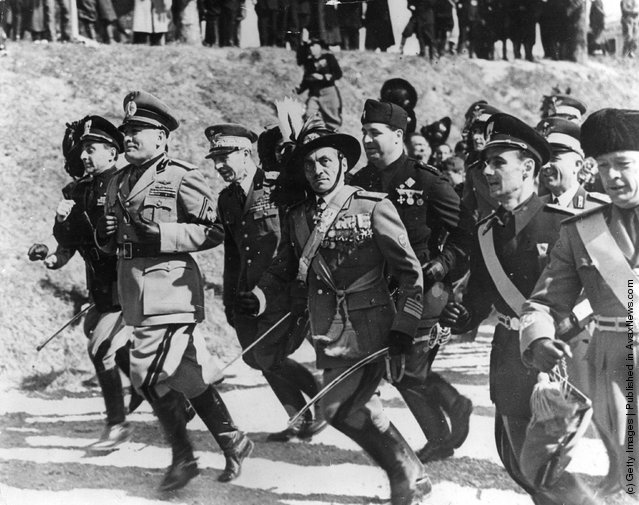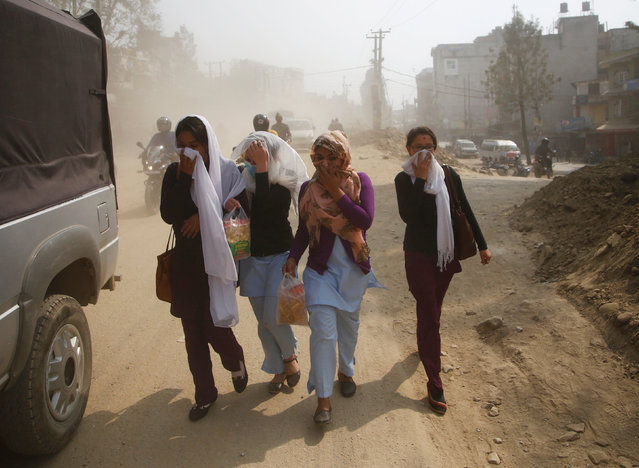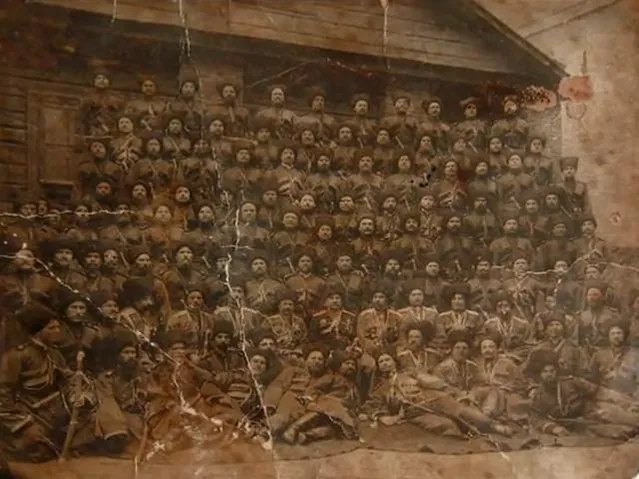
The song is presented in this publication in two different executions. The first (performed by monastic chorus) – classical, but bad. The second – national, good. Enjoy.
SEE ALSO: “Three Remarkable Cossack Songs + Bonus”
SEE ALSO: “Three Remarkable Cossack Songs + Bonus”
13 May 2013 15:54:00,post received
0 comments

